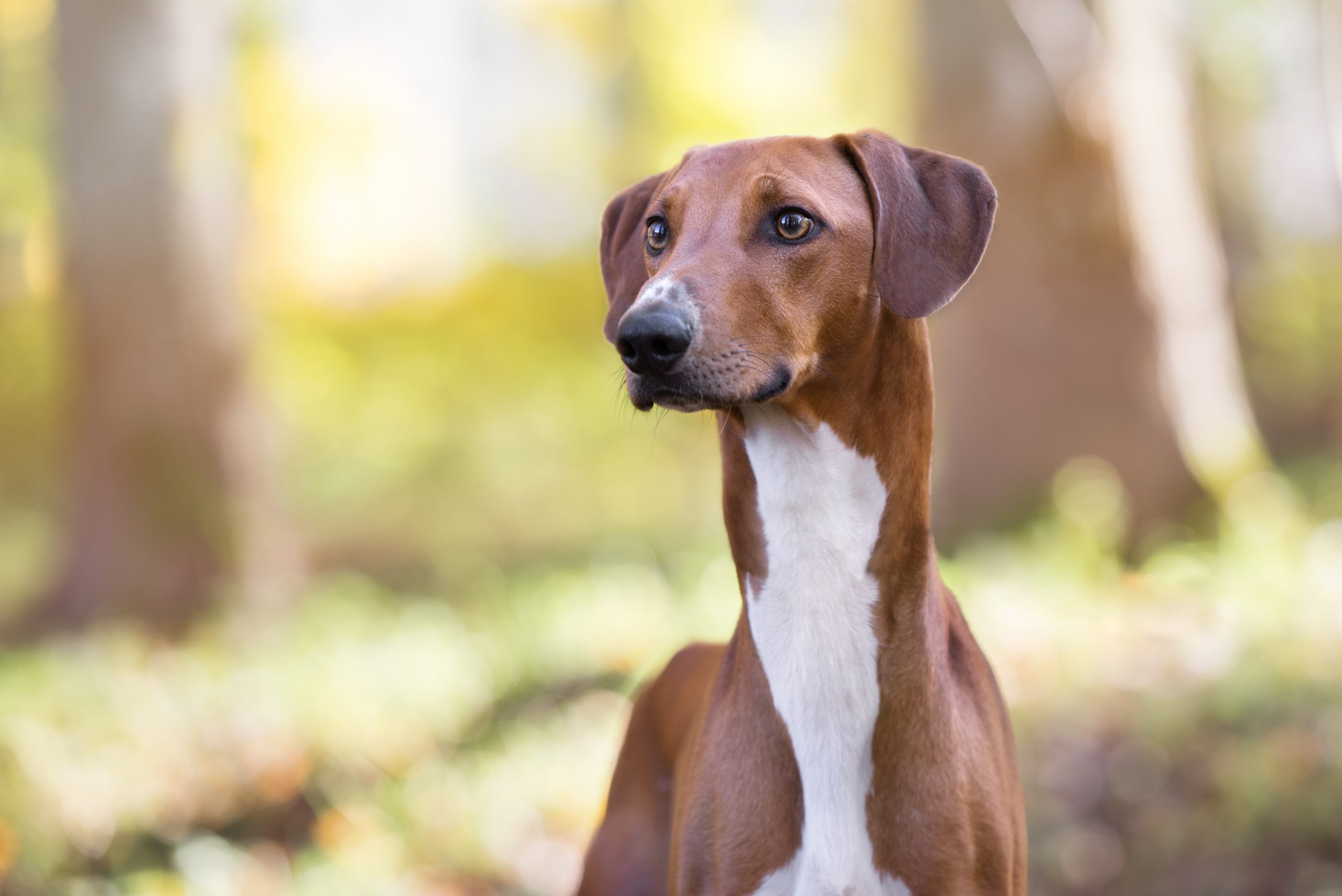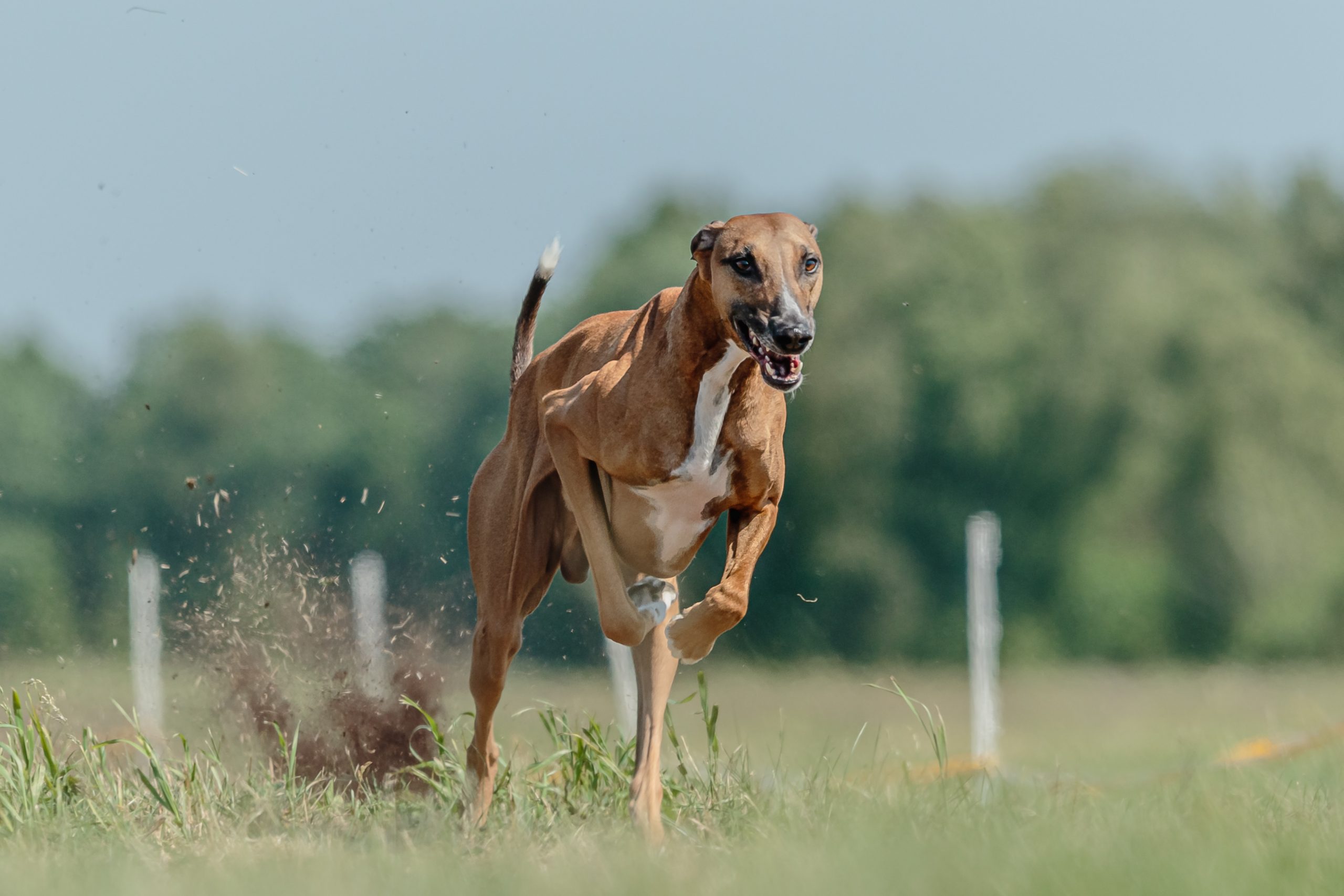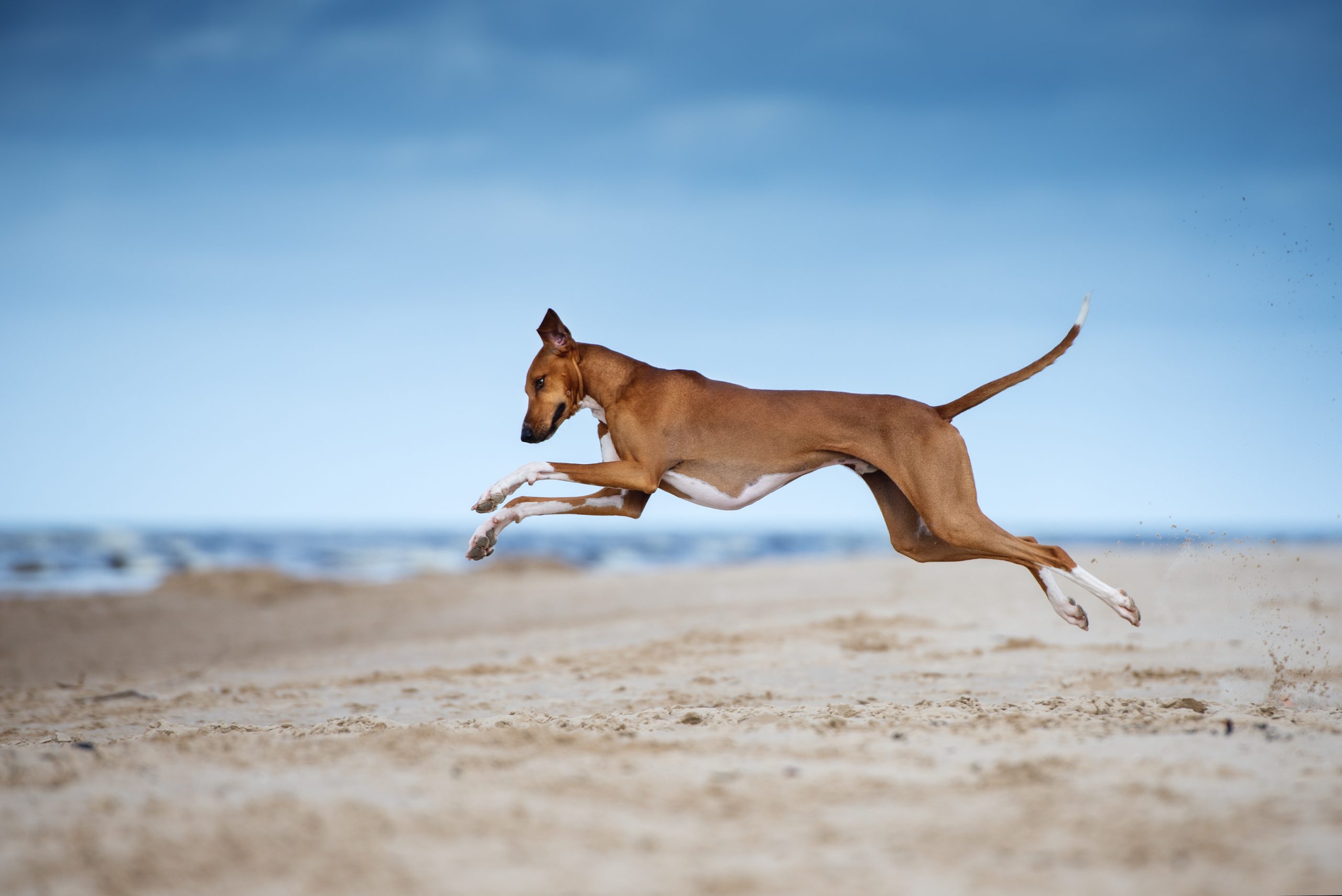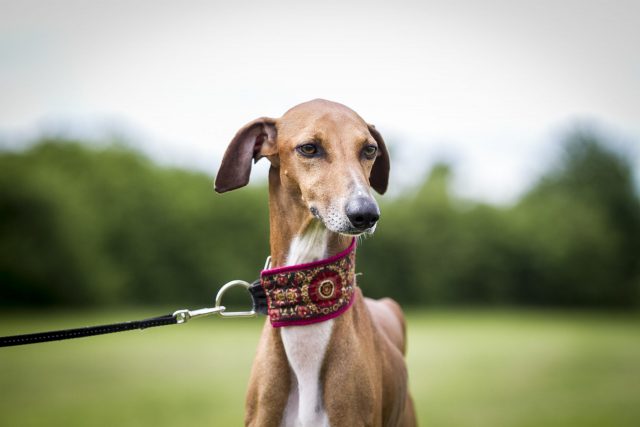Azawakh
No products found which match your selection.
Shelter Dog Meal Donation Count:
No products found which match your selection.
The Azawakh is a sighthound known for its elegant build and speed. Originally bred by nomadic tribes in West Africa as a hunter and guardians, they are valued for their loyalty and grace.
Azawakhs are unique in their combination of aloofness with strangers and profound loyalty to their owners. They were originally bred in the Sahel region of Africa by nomadic tribes, primarily for hunting gazelle and other game.

The breed’s development was shaped by the harsh desert environment of West Africa, leading to their remarkable endurance and speed. The Azawakh is still relatively rare outside of its native region.




Generally a healthy breed but can be prone to autoimmune disorders and cardiac problems. Regular health check-ups and screenings are recommended.
Their grooming needs are minimal, requiring only occasional brushing to remove loose hair. Bathing should be done infrequently to maintain the natural oils in their skin.
They require plenty of daily exercise, including long walks, runs, and opportunities for free running in a safe, enclosed area. Their high energy and speed make them ideal for activities like lure coursing.
Training should be consistent and respectful of their independent nature. Positive reinforcement methods are the most effective.
A balanced diet suitable for their size, age, and activity level is essential. Careful monitoring of food intake is necessary to maintain a lean physique.
Caring for Azawakh requires understanding their unique needs, particularly in terms of exercise and companionship. With the right care, they make loyal, affectionate, and dignified companions.
The Azawakh is generally healthy, but like all breeds, they have predispositions to certain health conditions. Awareness of these conditions and conducting recommended tests can help in maintaining their health.
Regular veterinary check-ups are essential to catch any health issues early, and prompt attention to any changes in your dog's behavior or appearance is key. With proper care and attention to health, Azawakhs can lead happy, healthy lives as beloved members of their families.
The iHeartDogs Free Rx Discount Card Program is a pet prescription discount card that can help you save money on your furry friend’s medications. The card is free to sign up for, and you can use it at participating pharmacies nationwide. To use the free program, simply show the card to your pharmacist when you pick up your pet’s prescription. The pharmacist will then scan the card, and you will receive a discount on the price of the medication.LEARN MORE
Caring for an Azawakh involves various annual expenses, which can vary depending on factors such as your location, the individual dog’s needs, and the level of care you choose to provide. Here’s a general breakdown of the annual costs for an Azawakh:
Total Estimated Annual Cost:
$3900 - $7700
It's important to note that these figures are estimates and can vary. Also, the first year of owning a dog can be more expensive due to one-time costs like spaying/neutering, initial vaccinations, and training. Regular budgeting for your dog's needs and an emergency fund for unforeseen costs are essential aspects of responsible pet ownership.